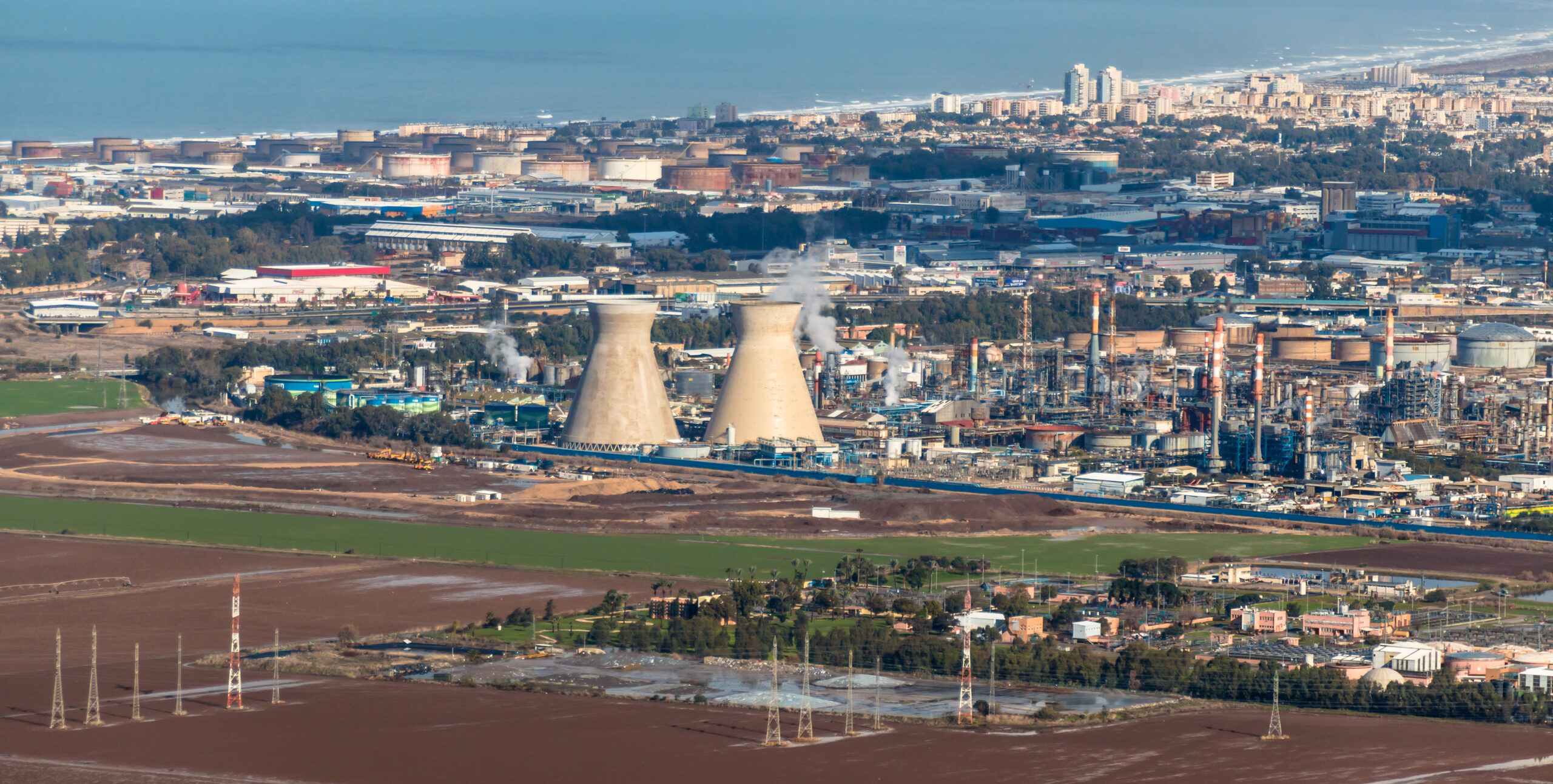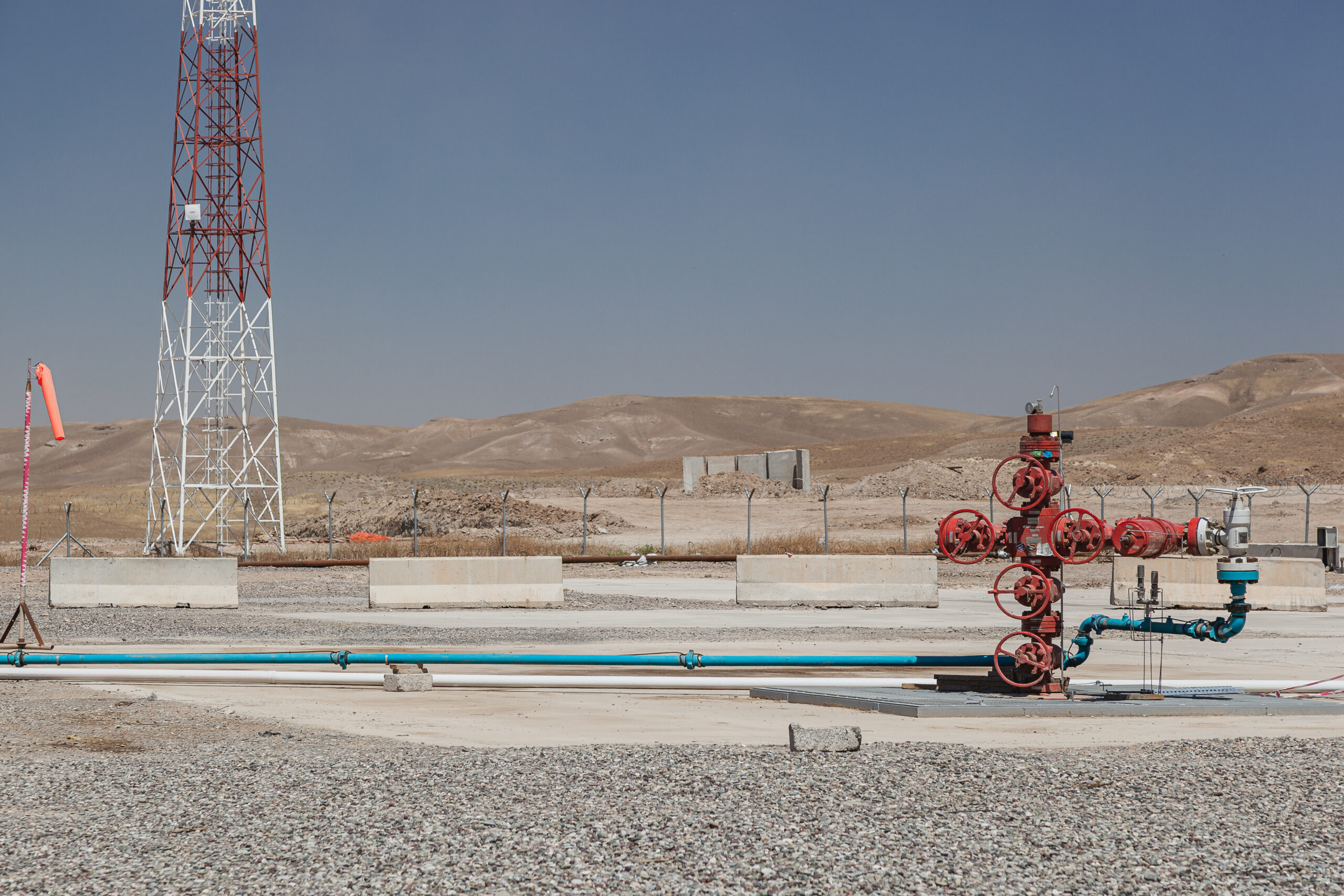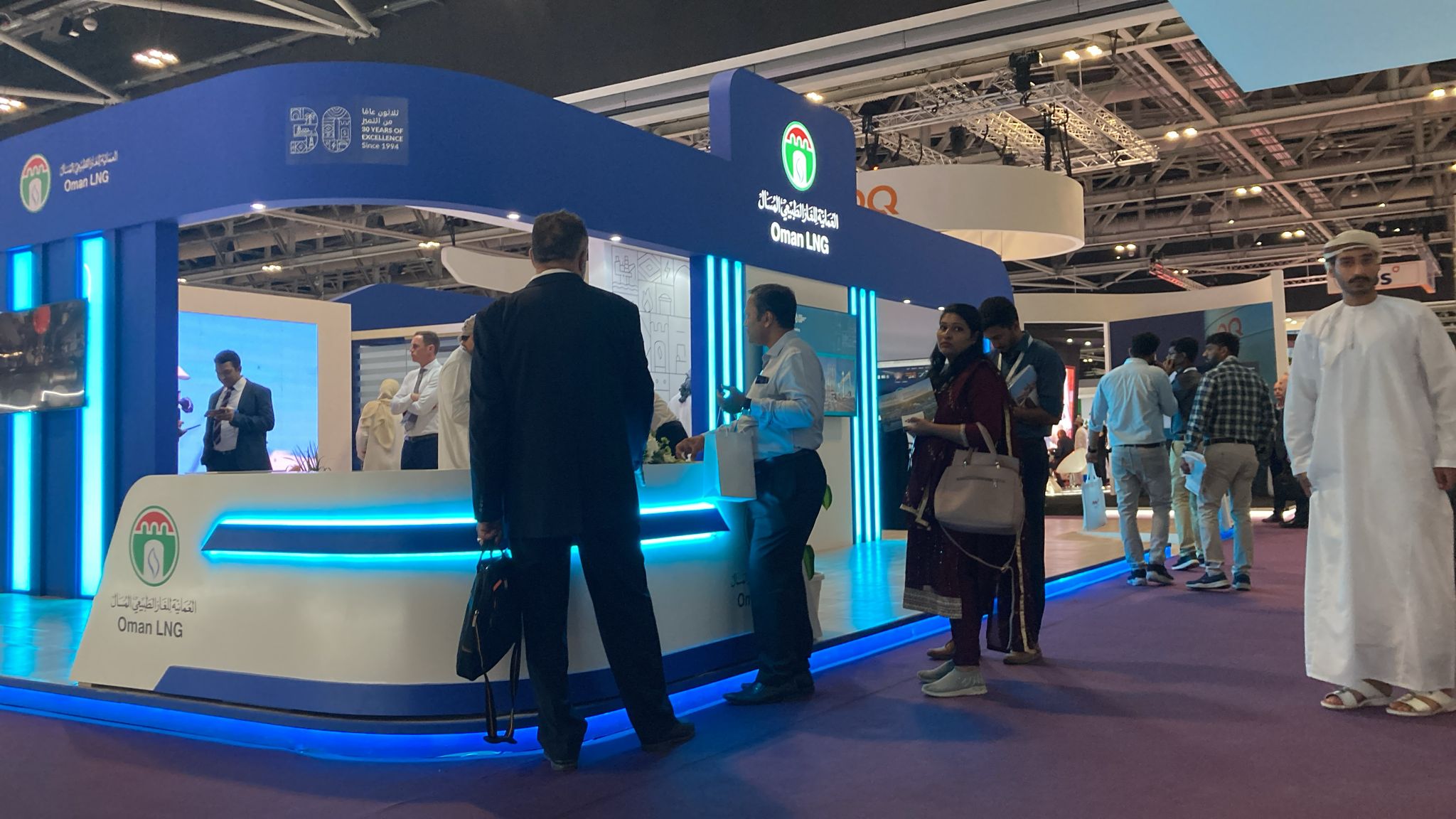Has Israel’s gas and energy diplomacy hit its limits?
Israel’s gas market remains small, but in the decade before the war in Gaza began in October its growth was remarkable.

The Oct. 7th attacks by Hamas were a stark reminder that security risks were never really gone for Israel despite its efforts to gain a role in the regional geopolitical landscape and normalise its relations with neighbours for political, economic, energy and climate cooperation. Its emergence as a gas producer in the East Mediterranean region has been key to such endeavours, even if the devastating war in Gaza is now putting this strategy in doubt.
Israeli gas production rose from 6.4 bcm in 2013 to 21.9 bcm in 2022, according to Cedigaz, with around 58% consumed domestically in 2022. This growth largely came from the 11 bcm/year Tamar and 12 bcm/year Leviathan offshore fields which started in 2013 and 2019 respectively.
The two fields, now complemented by the Karish field which begun in late 2022, have been instrumental in helping Israel meet gas-to-power demand and reduce the use of coal, which it wants to phase out by 2025. Surplus volumes are exported to Jordan, Egypt via pipeline and to global LNG markets via Egypt’s liquefaction plant at Damietta.
Israel has especially become a strategic supplier for Cairo which has been struggling to meet rocketing gas demand for power and transport use amid rising population, production issues and a struggling economy. Thanks to the expansion of the Tamar field, there are plans to significantly increase exports to Egypt, which would also support Israel’s economy.
For Charles Ellinas, CEO of consultancy Cyprus Natural Hydrocarbons Company, Israel clearly sees geopolitical benefits in developing gas cooperation in the region and with a key player such as Egypt. “It’s not just a commercial undertaking but also a political undertaking,” he told Gas Outlook.
The Ukraine war and its repercussions on energy markets has emboldened Israeli Prime Minister Benyamin Netanyahu to revive gas cooperation plans with Mediterranean nations. During a visit to Italy in March 2023, he met Italy’s Prime Minister Giorgia Meloni, and said he wanted to increase gas exports to Europe via Italy. More recently, during a visit to Nicosia before Oct. 7th, he revived ambitions to deepen energy cooperation between Israel, Cyprus and Greece, by discussing plans to export Israeli gas to these countries. The reality is that Israel and Cyprus had long been trying to develop new infrastructure and pipelines to export their gas as has been discussed in the East Med Gas Forum. But they did not materialise largely for viability reasons and a lack of interest from the major oil and gas companies operating their discovered gas fields. As stressed by Ellinas, major gas infrastructure projects can only work when geopolitical interests coincide with the commercial interest of operators to invest.
Upstream interest
This has not stopped Israel from becoming an increasingly attractive hotspot for upstream investors in recent years. Testament to this is the outcome of its latest offshore bidding round, the results of which were announced on Oct. 30th as the war has been raging on in Gaza. Twelve offshore licences were awarded to six companies who had applied for the blocks way before the war. One group of companies led by Italy’s Eni, and comprising Dana Petroleum and Israeli Ratio Energies, was granted licences to explore in an area west of the Leviathan field. Another group comprising the UK’s BP, Azerbaijan’s state-owned SOCAR and Israeli NewMed were given permits to explore in an area north of the Leviathan field.
“This is Israel’s fourth and only successful round so far,” said Elai Rettig, assistant professor in the Department of Political Studies at Bar-Ilan University in Israel. “It is very important for Israel to show IOCs that it is business as usual and they can come and invest,” he added, stressing that this round marks the first time that major IOCs are entering Israel’s upstream sector through a bidding tender.
Before this round, U.S.-based supermajor Chevron entered Israel’s upstream sector when it acquired Noble Energy in 2020, a deal that effectively made it the operator of the Tamar and Leviathan offshore field.
Abraham Accords
Other oil companies have been looking into opportunities to enter the Israeli upstream gas sector through acquisitions. In March 2023, BP and ADNOC made a non-binding offer to acquire 50% of NewMed Energy, 45.3% working interest holder in the Leviathan field.
The deal was largely described as one of the opportunities created by the Abraham Accords signed between Israel and the United Arab Emirates in 2020.
The accords, designed to normalise relations between Israel and Arab countries, have also included Morocco and Bahrein. They coincided with a period of increased energy diplomacy by Israel, largely to attract IOCs. It resulted in the resolution in October 2022 of a long-standing maritime dispute between Israel and Lebanon over the Qana and Karish gas fields thanks to an agreement brokered by the United States. The agreement paved the way for France’s TotalEnergies to start exploring one of the already identified prospects in Block 9, one of the blocks falling alongside the newly-delineated maritime border.
Gaza Marine
Israel’s efforts to create an atmosphere of political cooperation in the energy sector also led it in June 2023 to approve the development of Gaza Marine, the 30 bcm gas field located off the coast of Gaza and discovered in 1999. The project would be developed to supply gas for power generation in Gaza, while surplus gas would be exported to Egypt. The deal planned for the revenues to go to the Palestinian Authority, with reports indicating that Hamas gave its greenlight at the time.
According to Laury Haytayan, director for the MENA region at the Natural Resource Governance Institute, approving the development of Gaza Marine may have been a way to appease Hamas and the Islamic Djihad in Gaza, by giving them some economic benefits.
Rettig said the field is small and would have limited impact on the local supply-demand balance. “One possible reason behind this approval may have been to appease mounting pressure from the international community, notably from the U.S. over Israel’s continued settlement policy and to facilitate ongoing negotiations with Saudi Arabia to include them in the Abraham accords,” Rettig said.
The war in Gaza means the project is likely to fall down the priority list for now. But in the longer run, and in strategic and political terms, its development could form part and parcel of a comprehensive peace process, Rettig hopes.
IMEC corridor
The Abraham Accords partly paved the way for more ambitious cross-border plans such as the India-Middle East-Europe Economic Corridor (IMEC), for which a memorandum of understanding was signed in September, at the India-led G20 summit between India, the U.S., Saudi Arabia, the UAE, France, Germany, Italy and the EU. The project consists of a ship-to-rail network in two separate trade corridors — one connecting India to the Arabian Gulf and the second connecting the Middle East to Europe. Along the railway route, the aim is to also lay a cable for electricity and digital connectivity, as well as a pipeline for clean hydrogen export pipeline that may be built in the overland sections of the corridor between the UAE, Saudi Arabia, Jordan and Israel.
The IMEC project, described as a U.S.-backed response to China’s Belt and Road Initiative is highly ambitious and would likely take time if it was ever to happen. But in the meantime, it reflects ambitions from Gulf Arab states – led by the UAE and Saudi Arabia – to strengthen their roles as critical hubs in global trade routes as they have been working on diversifying their economies away from oil. They are also adapting to increased multi-polarity in international and economic relations, notably with the strengthening of the BRICS group led by Brazil, Russia, India, China and South Africa and to which Saudi Arabia and the UAE have been invited.
In this context, Israel is keen to also reap the fruits of multilateral plans and establish itself in this new fragmented geopolitical landscape.
Haytayan stresses that it is also facing similar challenges with regional powers such as Saudi Arabia. She points to opportunities to cooperate on climate-related issues such as water scarcity and new technologies to address this problem. “But while the negotiations with Saudi Arabia to sign the Abraham Accords were unfolding, they were never really clearly going to solve the Palestinian issue,” she added. “Israel is now faced with the limits of all the advancements it had made with its energy diplomacy, and with the basic principle to address the rights of the Palestinians,” she concluded.



